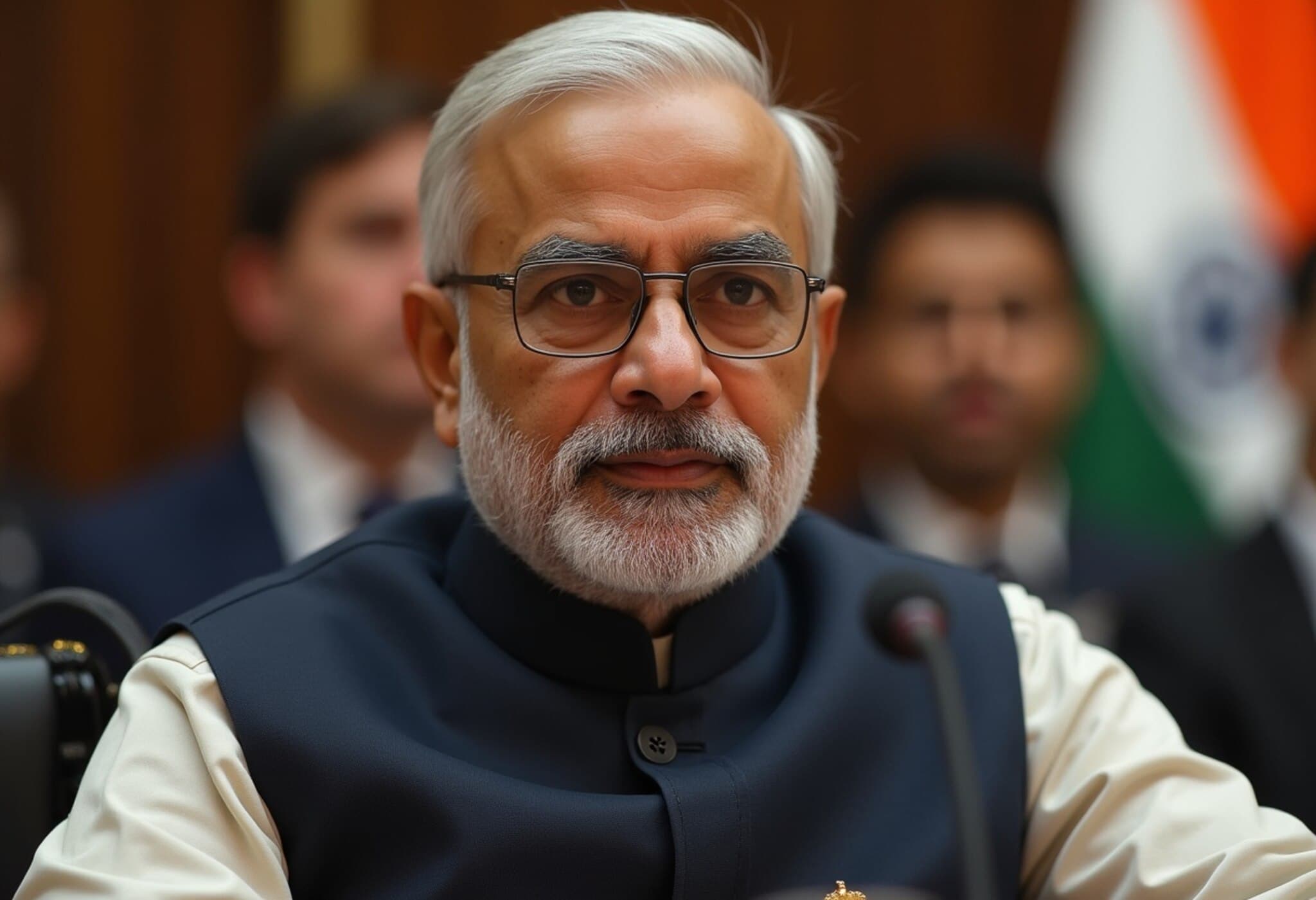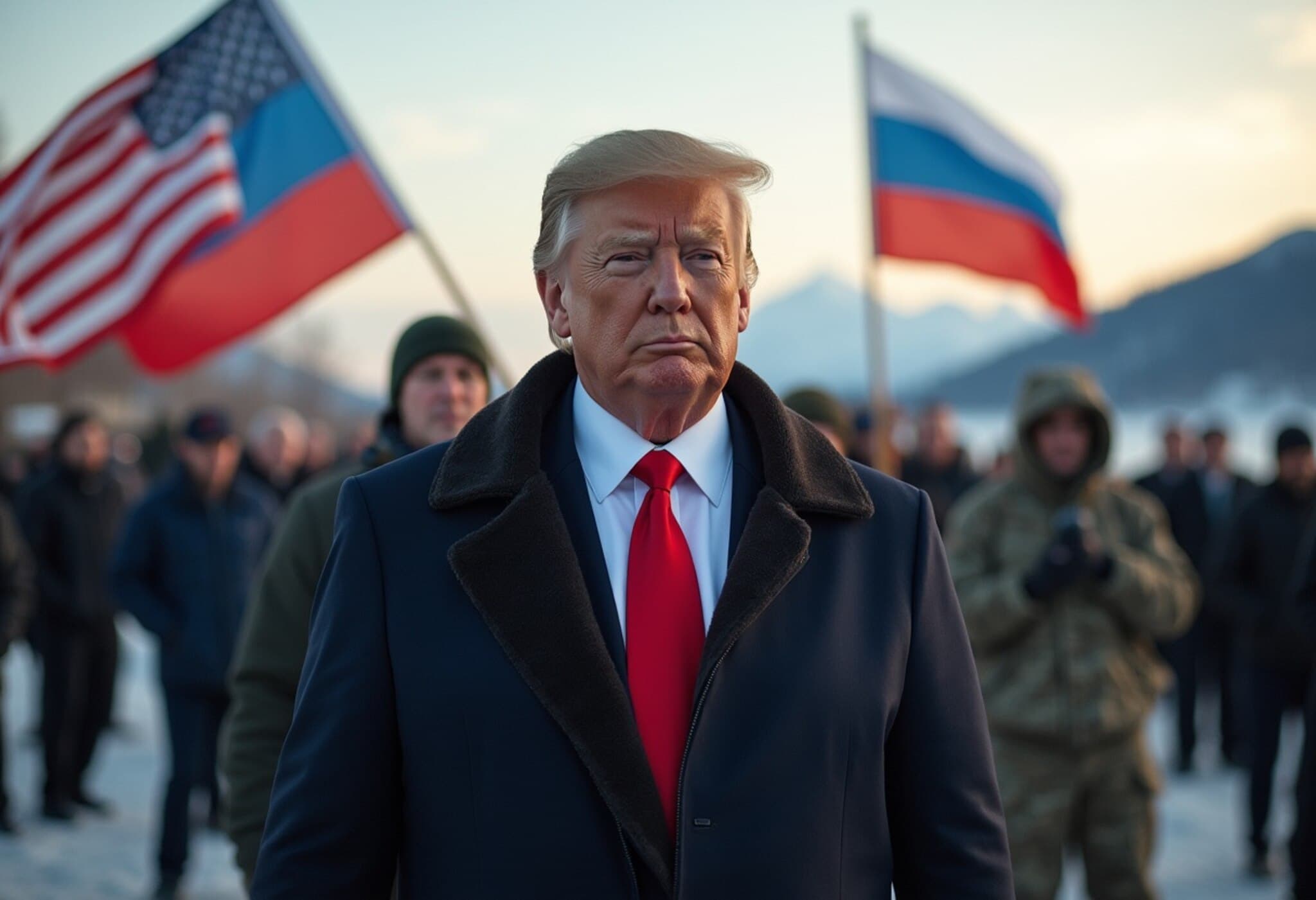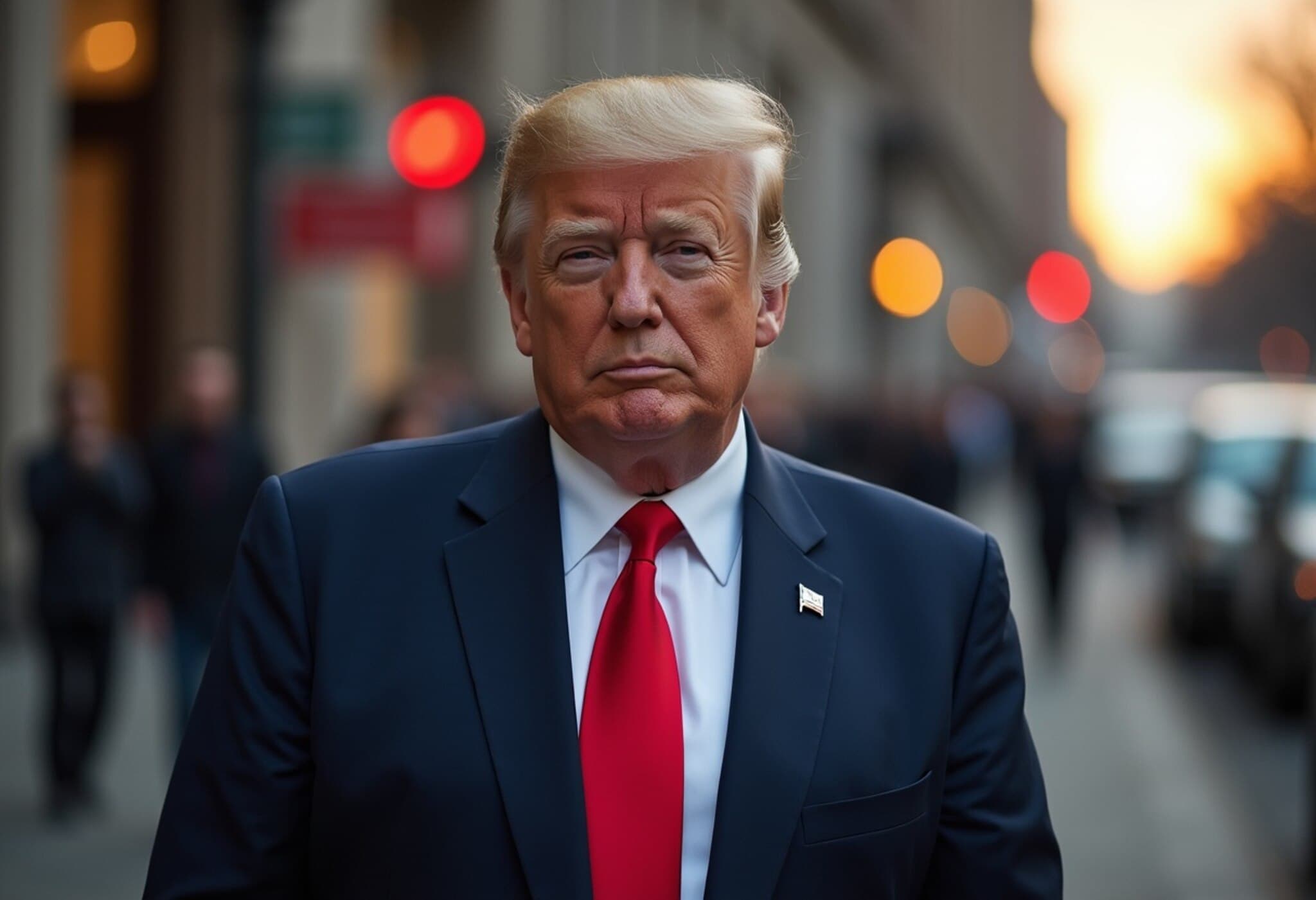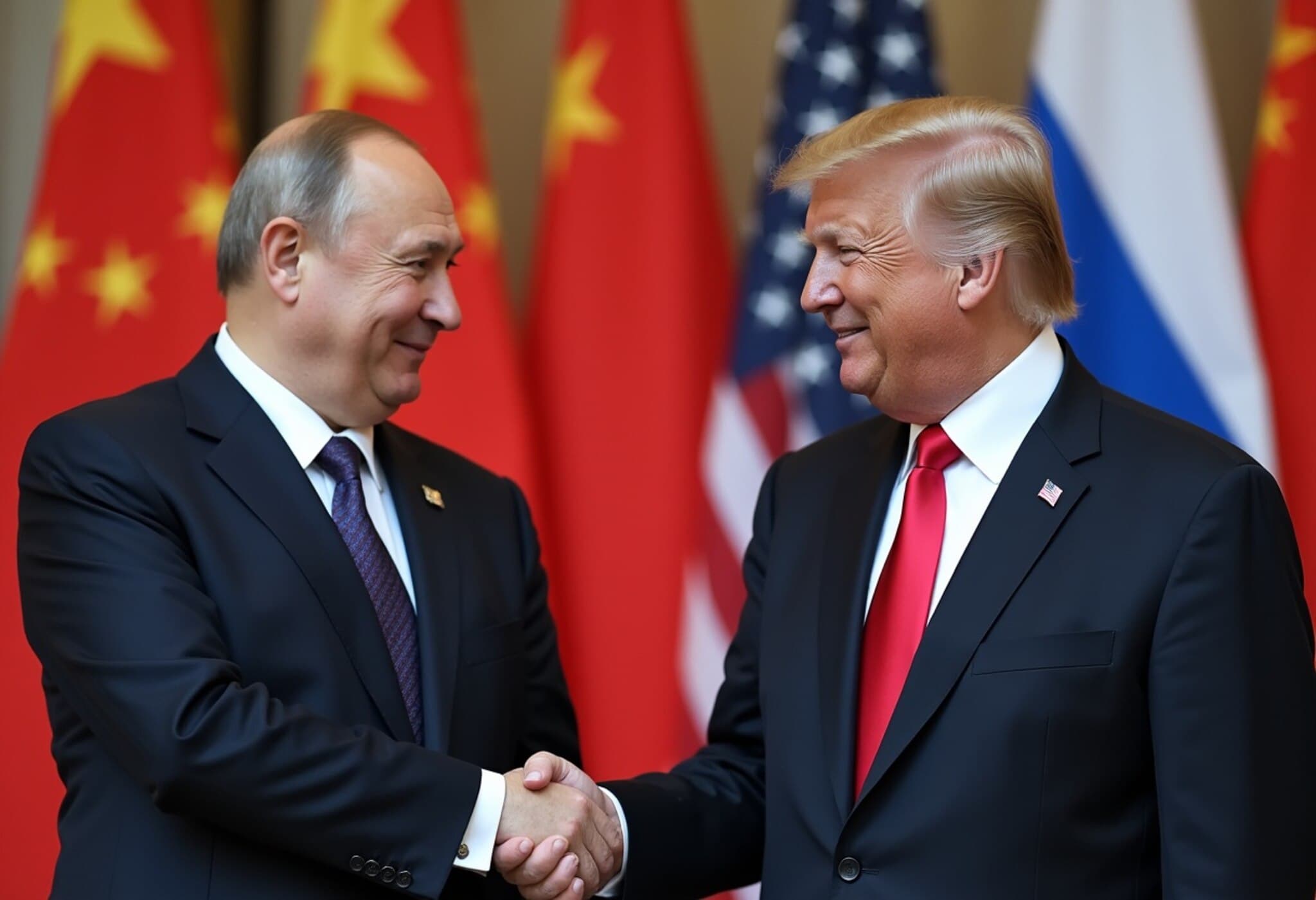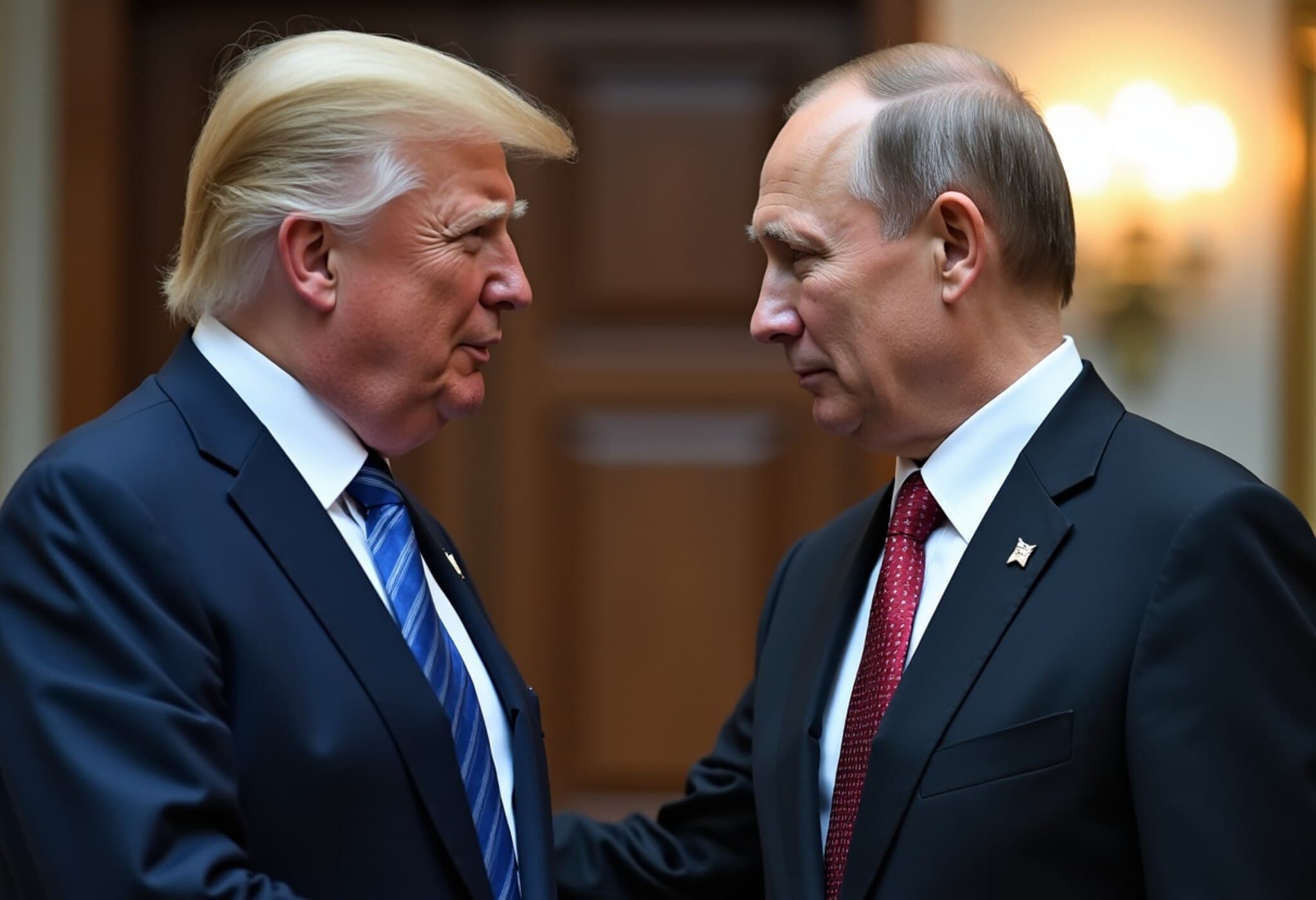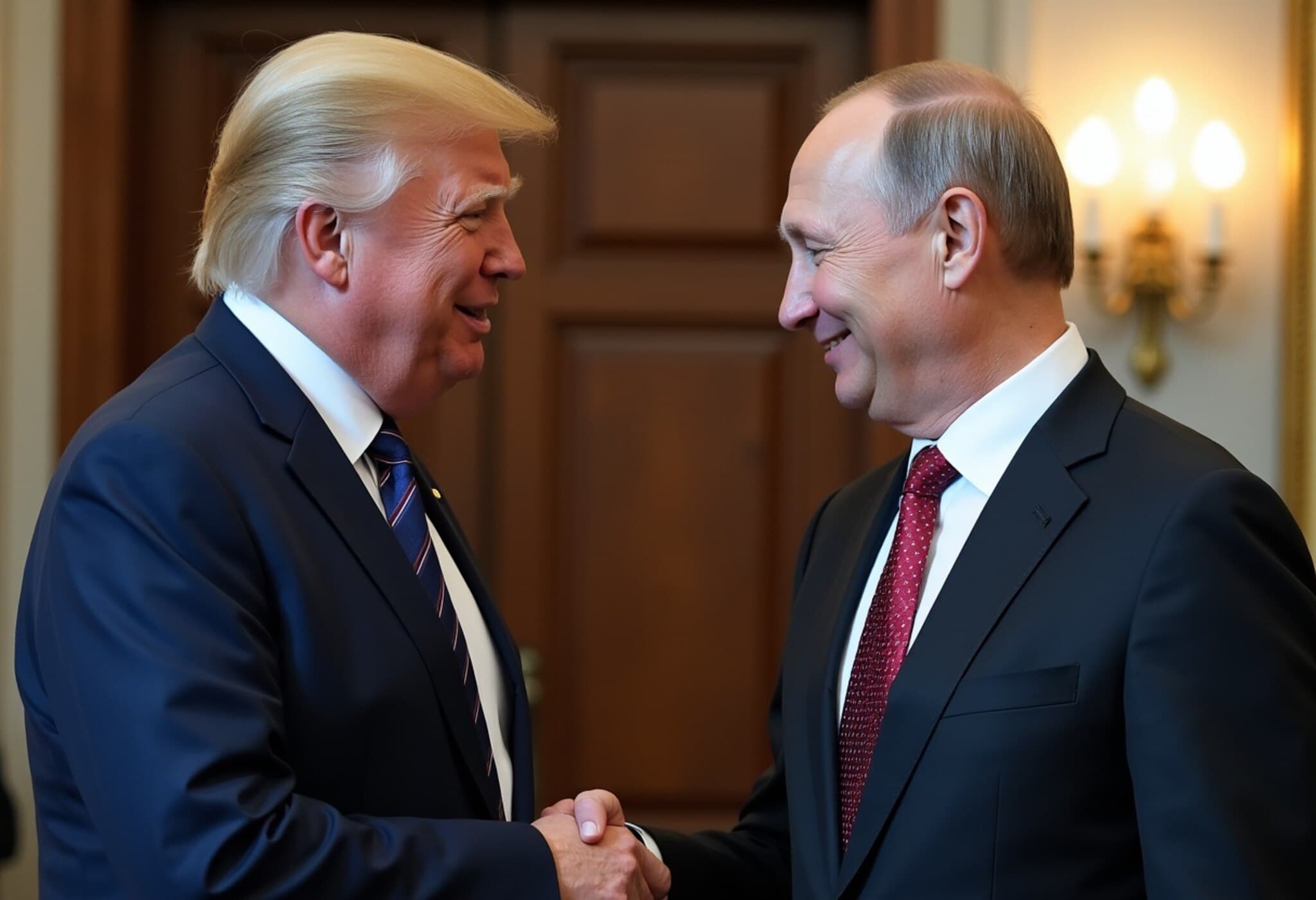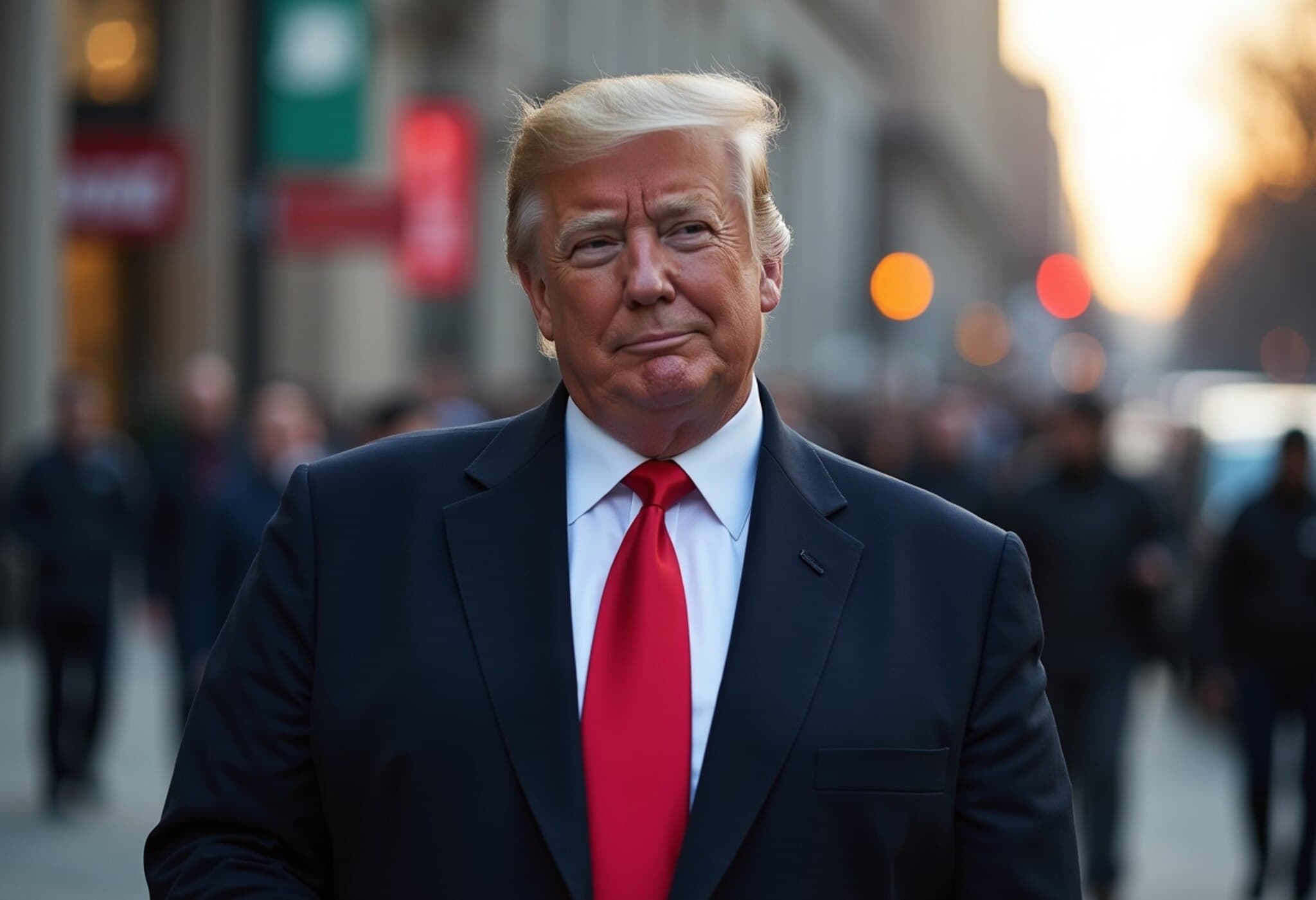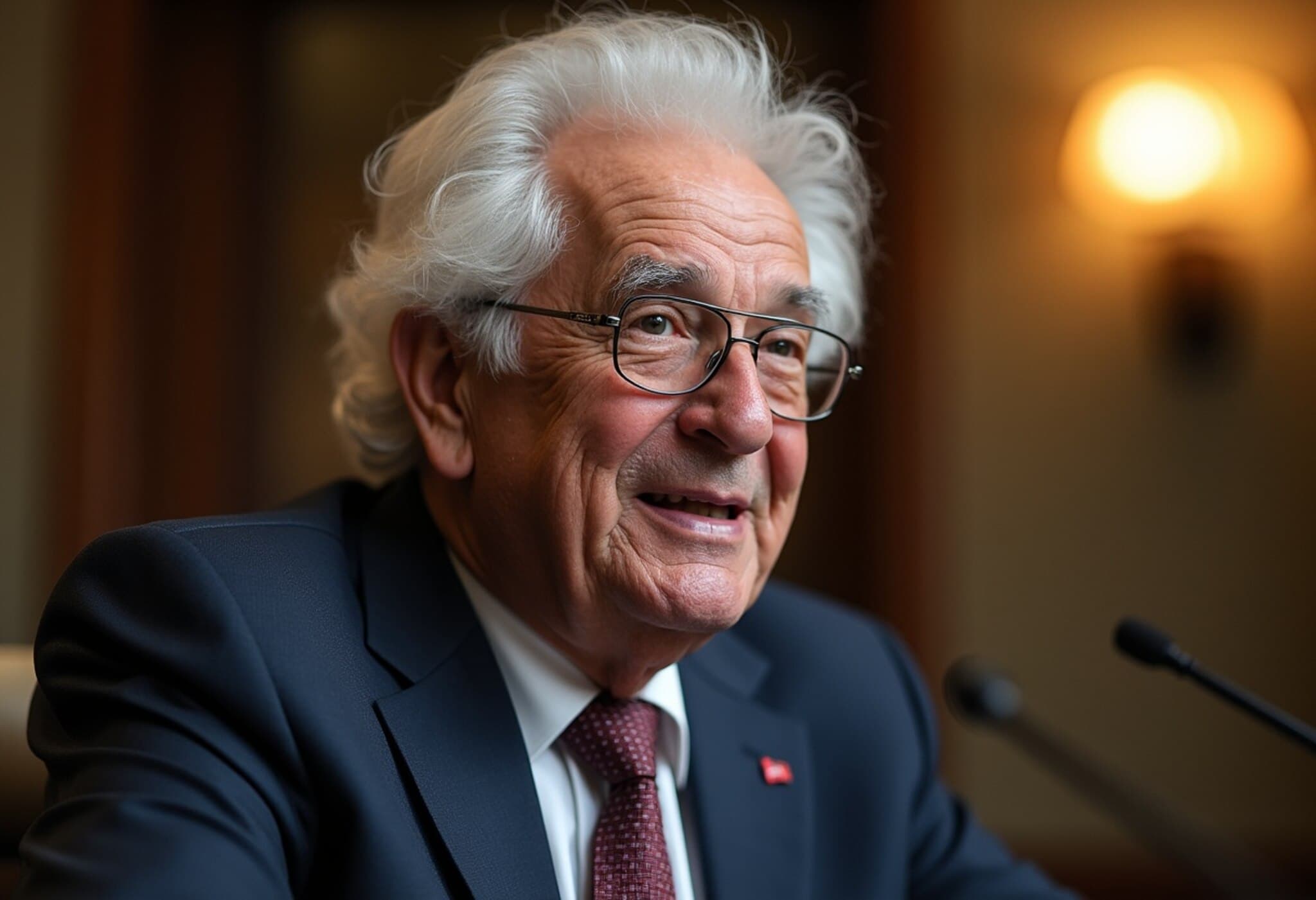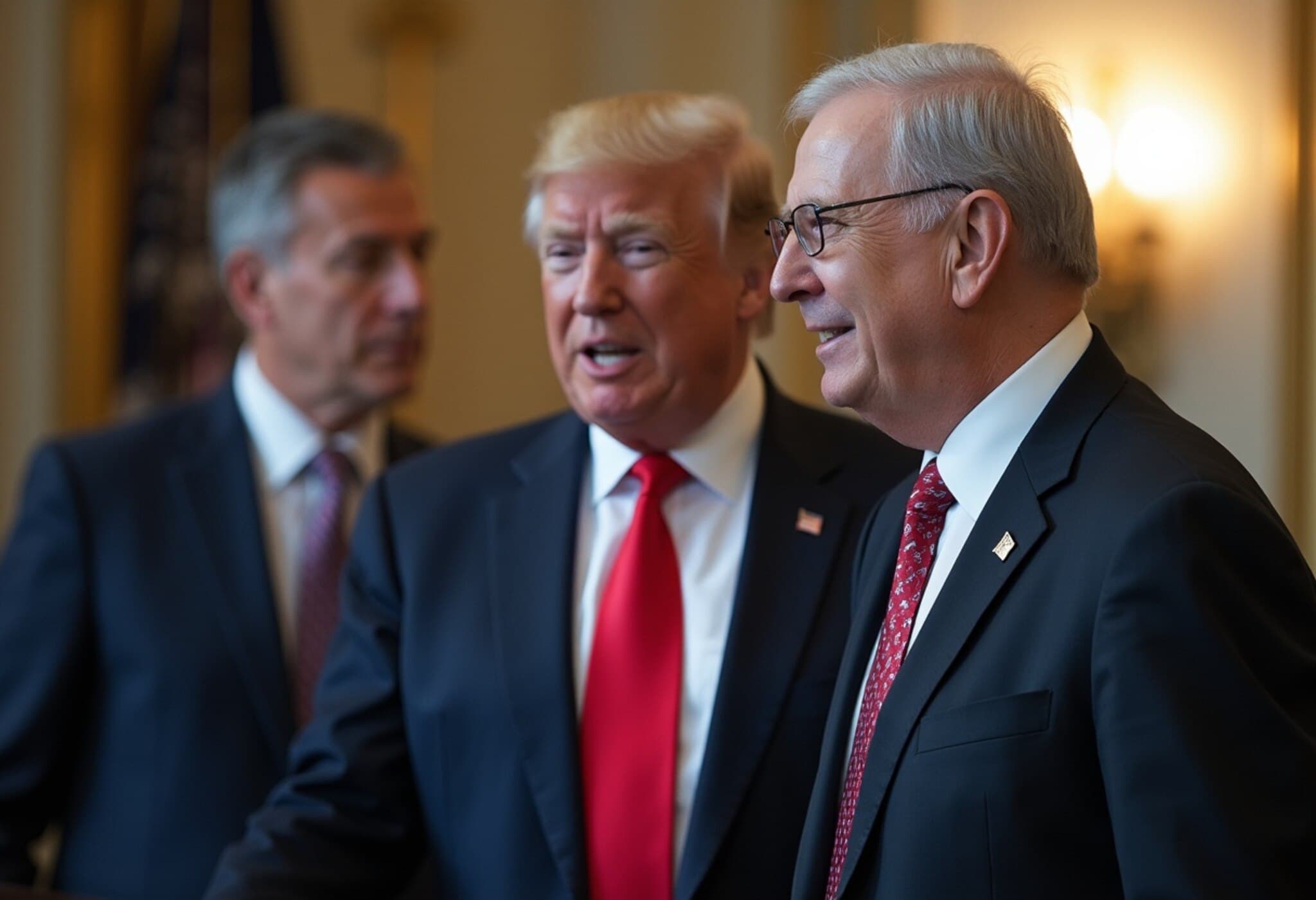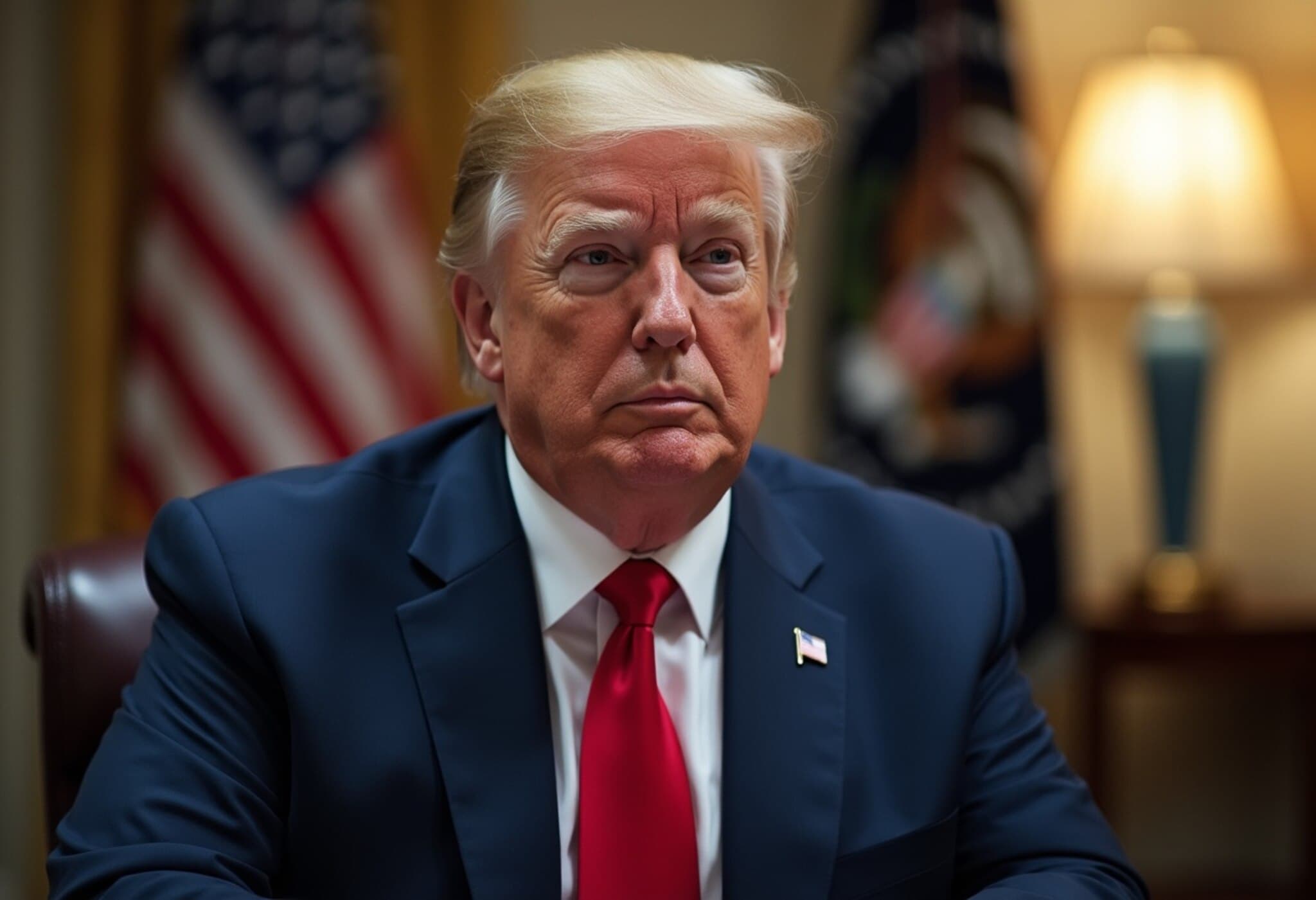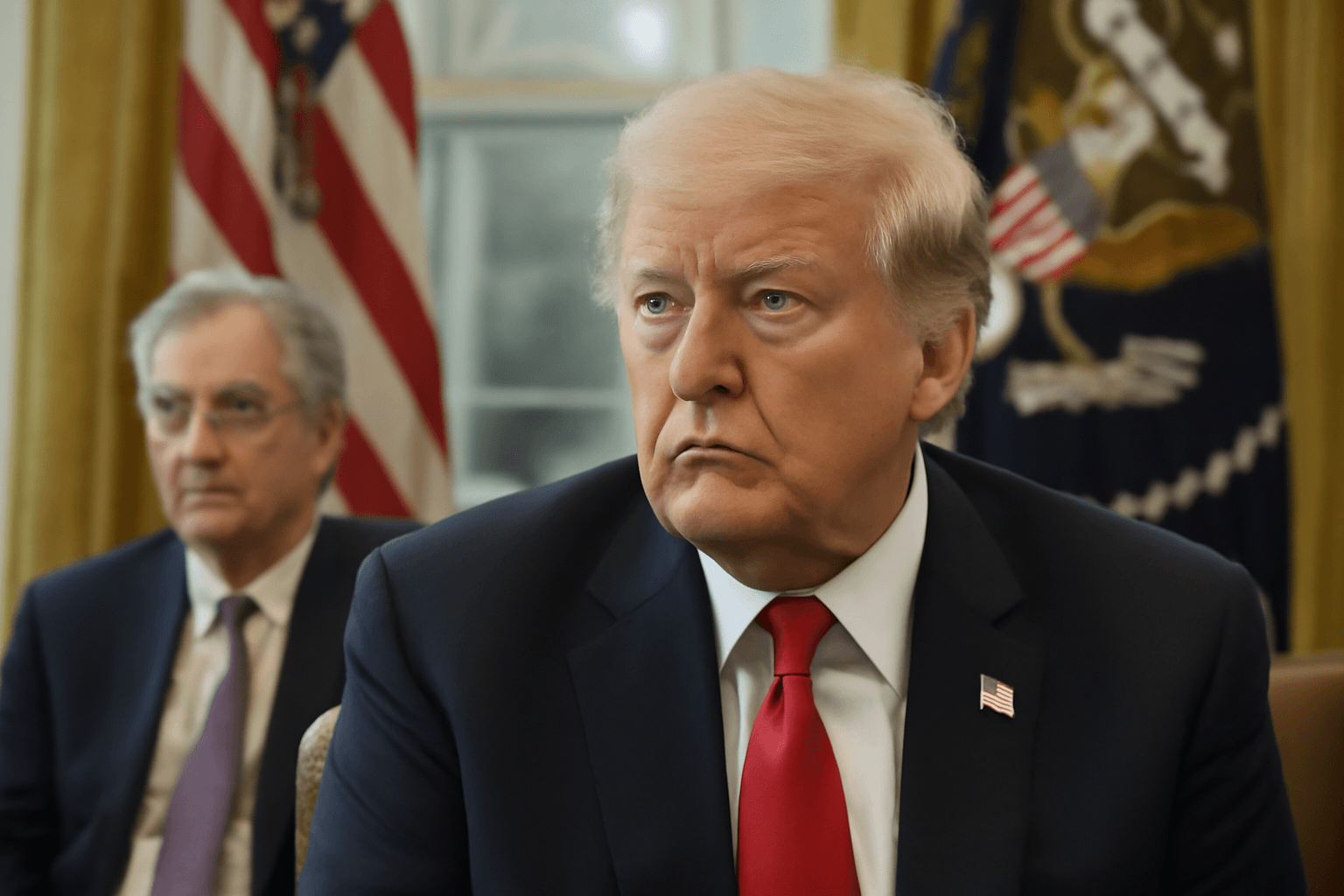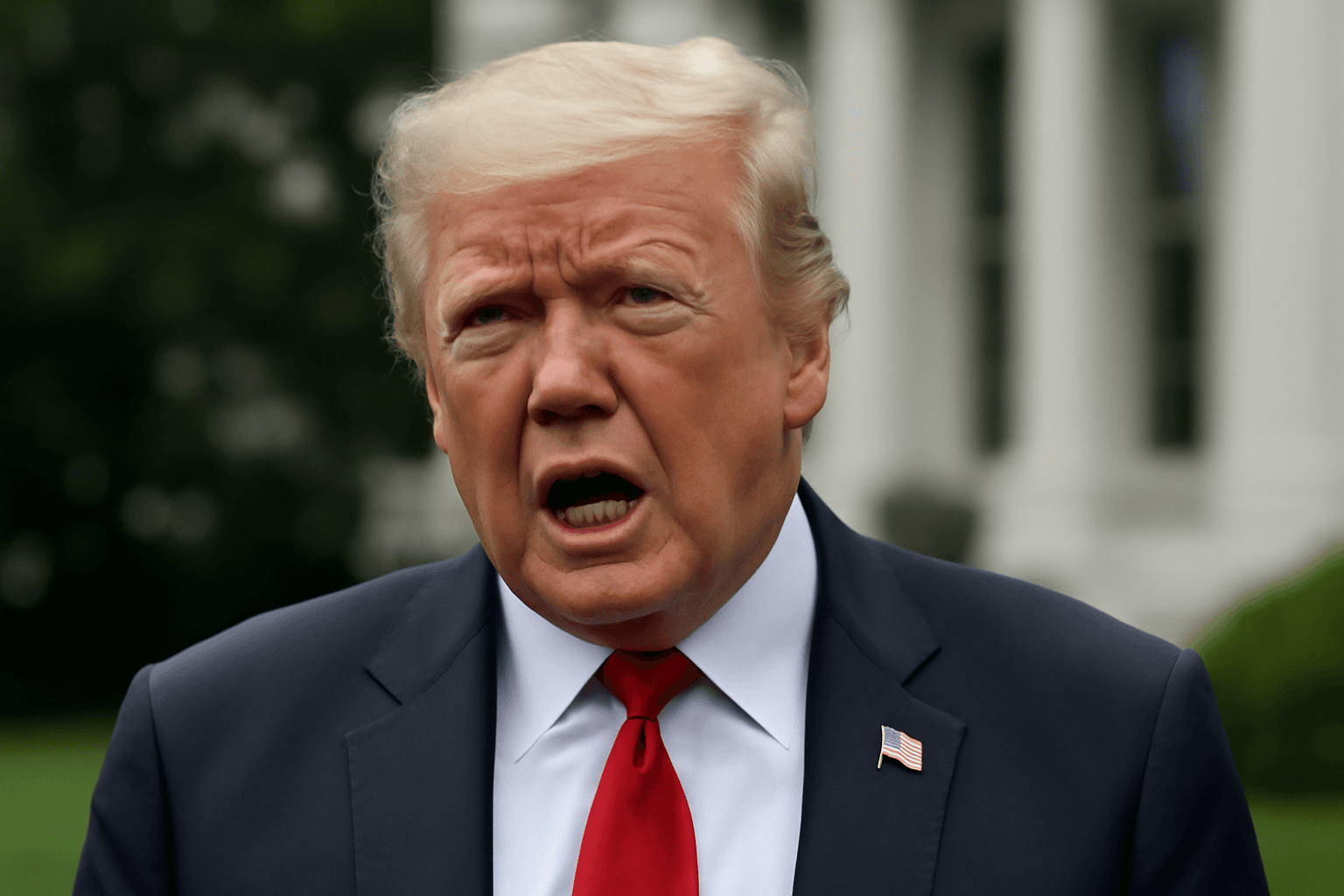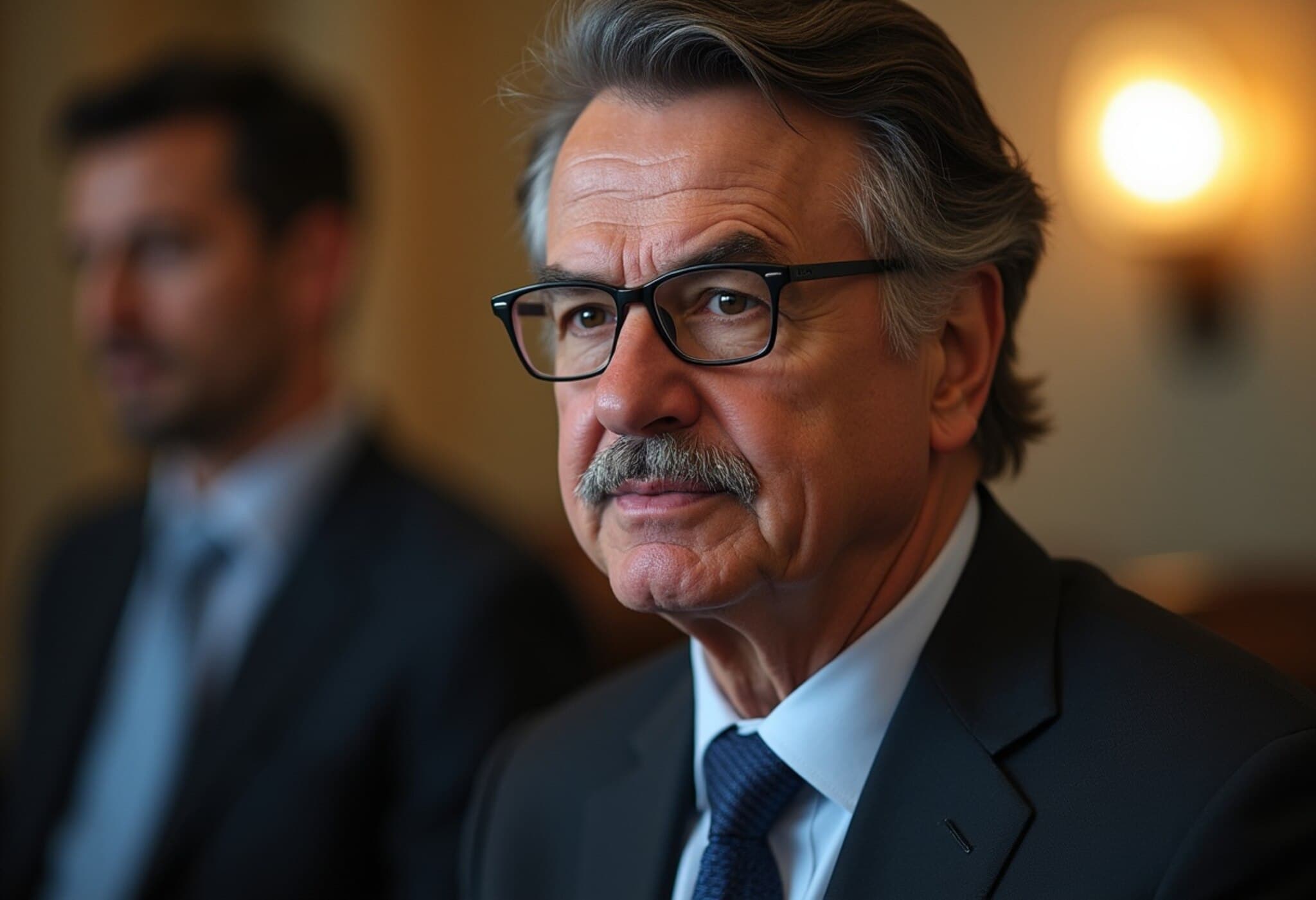Brazil Defies Trump’s Demands to Drop Charges Against Bolsonaro
In a remarkable assertion of judicial independence and national sovereignty, Brazil has firmly resisted former President Donald Trump’s intense pressure to halt legal proceedings against Jair Bolsonaro. The former Brazilian leader faces charges related to orchestrating a failed coup attempt after losing the 2022 presidential election—charges that Trump publicly demanded be dismissed.
Trump’s Sanctions Fail to Sway Brazil
In an unprecedented escalation, Trump levied stringent sanctions against Brazil, including punitive tariffs and targeted financial restrictions against the Supreme Court justice overseeing the case. Despite the economic and political pressure unleashed, Brazil’s response has been one of defiant resilience rather than capitulation.
On Thursday, Brazil’s Supreme Court convicted Bolsonaro, sentencing him to prison for masterminding an attempt to undermine democratic processes. This action underlines the strength of Brazil’s democratic institutions in the face of external interference.
Brazil’s Democracy Holds Steady Amid External Challenges
President Luiz Inácio Lula da Silva, standing at the helm of the country, has witnessed a rise in his popularity partly due to his vocal denunciations of Trump’s meddling. The Supreme Court justice targeted by Trump’s sanctions, Flávio Dino, has become a symbol of judicial integrity supported widely by Brazilian political bodies and civil society alike.
Economically, Brazil also showcased unexpected resilience. When American tariffs of up to 50% took effect on Brazilian goods, rather than a decline in exports, Brazil experienced a 4% increase – largely due to heightened demand from China and other global markets. This pivot underscores Brazil’s diversified international trade relationships and its unwillingness to succumb to unilateral U.S. economic pressures.
Expert Commentary: A Test Case for Democratic Resilience
From a policy perspective, Brazil’s steadfastness offers a compelling study for global democracies on resisting external authoritarian pressures. It raises crucial questions about the limits of American influence abroad, especially when democratic institutions are robustly defended. The situation also spotlights the dynamics of U.S.-Latin America relations, highlighting how regional powers like Brazil are asserting more autonomy.
- Judicial Independence: Brazil’s judiciary stands as a beacon of rule of law by rejecting political interference.
- Economic Diversification: The resilience of Brazilian exports despite U.S. tariffs reflects strategic global partnerships beyond the Western Hemisphere.
- Political Leadership: Lula’s stance reflects a broader trend of Latin American leaders pushing back against U.S. unilateralism.
What This Means for U.S.-Brazil Relations and Democracy Worldwide
The Brazilian episode is a potent reminder that democracy cannot be bulldozed through sanctions or tweets. Trump’s efforts to influence Brazil’s judiciary not only failed but reinforced the country’s institutional credibility. For U.S. policymakers and observers of democracy globally, Brazil’s reaction offers both hope and a blueprint for resisting interference.
As Justice Flávio Dino remarked while casting his decisive vote: “Does anyone believe that a tweet from a foreign government official will change a ruling in the Supreme Court?” This rhetorical question embodies a deep truth about sovereignty and judicial authority.
Editor’s Note
Brazil’s unwavering stance amid external pressures illustrates the complexities of international influence in an interconnected world. While economic sanctions often wield significant power, Brazil’s experience emphasizes the importance of robust democratic institutions and diversified alliances. Readers should consider how this resilient approach might influence future U.S. foreign policy and what it reveals about the evolving balance of power in the Americas.




